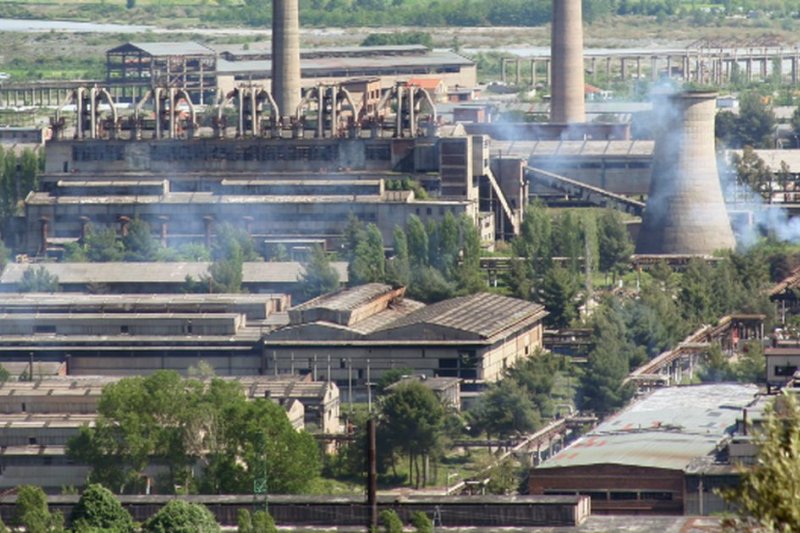Albania Has No Industrial Strategy
Countries with economic prosperity became so through industrial development and technological innovation.
Albania, in addition to being the country with the most underdeveloped industry in the region and beyond, still does not have a formal document on industrial policy.
The report “Monitoring and Evaluation of Industrial Performance and Policy Impact in the 6 Western Balkan Countries” by the Regional Cooperation Council notes that Albania is the only country in the region that does not have a formal document structuring the country’s industrial policy.
The analysis refers to the fact that the government is in the process of developing its industrial strategy, but this means that the country still does not have priorities and a structure to intervene in improving industrial competitiveness, increasing production capacities, and improving integration with the regional and European common markets.
The report identifies different developments among the countries of the region, highlighting that some of them have adopted formal documents guiding industrial policy: For example, Bosnia-Herzegovina does not have a unified industrial policy for the entire country. However, the entity of Republika Srpska has developed a Strategy for Industrial Development, which aims to improve the production structure and promote investment in the industrial sector.
Kosovo is among the latest countries to have adopted a formal document in the field of industrial policy.
In 2023, the “Strategy for Industrial Development and Business Support until 2030” was adopted in Kosovo. This document reflects a commitment to the transformation of key sectors, including innovative aspects and compatible with commitments to integration into European markets.
Montenegro has been in the process of formulating industrial policies since 2016. The latest document, covering the period 2019-2023, emphasizes the importance of modernizing the sector, improving productivity and increasing integration into global supply chains. This document reflects a strategic orientation towards diversifying sectors and stimulating innovation.
North Macedonia is one of the pioneers in this field, having adopted its industrial policy in 2009.
The current document, Industrial Strategy of North Macedonia 2018-2027, sets a long-term vision and includes measures aimed at improving production capacities, increasing innovation, and integrating into global markets. This document reflects a strong commitment to increasing competitiveness and structural reform in the industrial sector.
Serbia started developing industrial policies in 2011 and has updated its industrial development strategy for the period 2021-2030.
Meanwhile, the manufacturing sector in Albania has entered a long phase of recession. The latest INSTAT data shows that agriculture fell for the fourth consecutive year in 2024, while industry fell for the second year. Agricultural production fell by 1.1% in 2024 from 1.8% in 2023, while the industry sector recorded a decline of 6.7%, the strongest since the 2020 pandemic.













